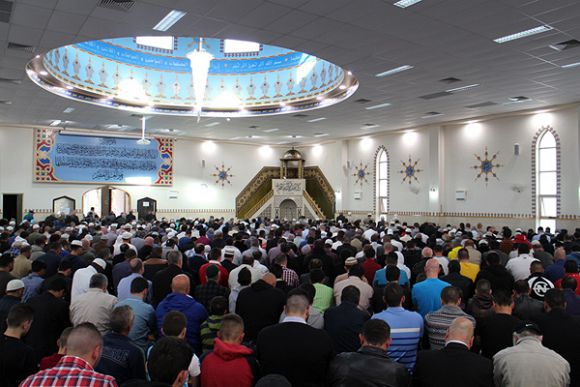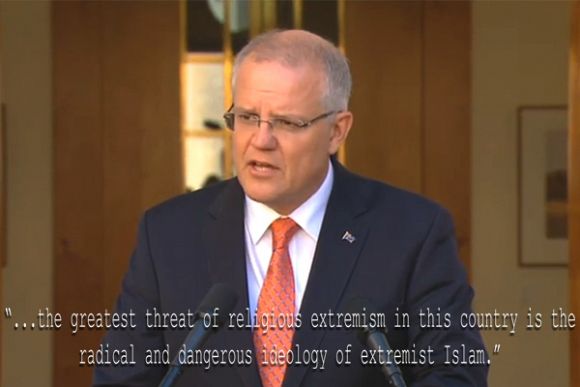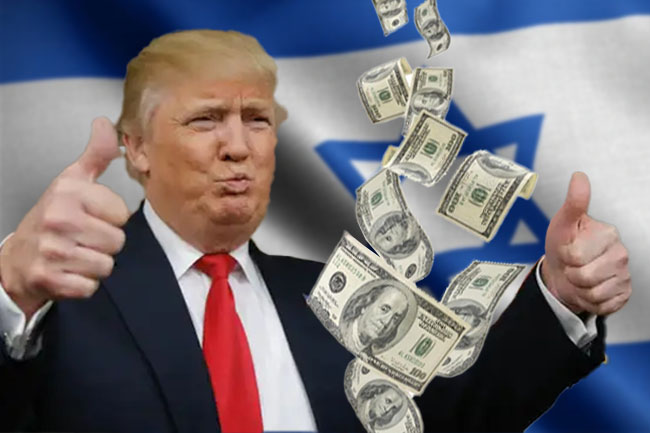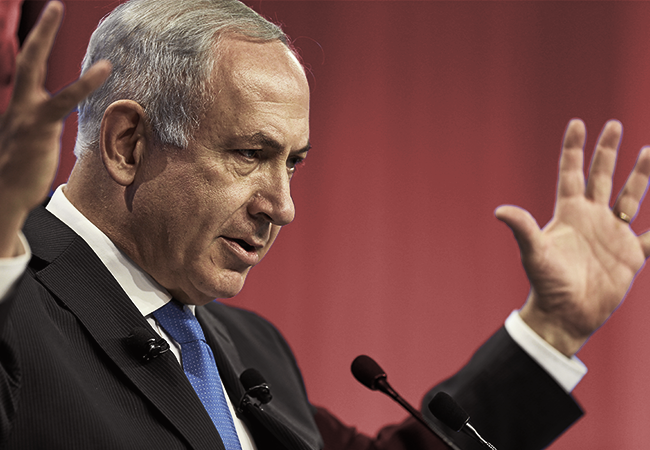The USA, despite its foundational rhetoric in the Declaration of Independence, has a very bad image in most of the world, particularly the Muslim World.
One aspect of this is the terrible inequality and racism which seem to infect the nation, alongside COVID-19.
Such a basic necessity as access to running water, something decried in the poorest nations, is a feature of the richest nation on Earth.
Researchers from King’s College London, using census data from 2013 to 2017, found that half a million homes (1.1 million people) have no access to running water. This is no doubt an underestimate. Like all basic services in that country, access to water is racialised with ‘households headed by people of colour’ almost 35% more likely to live without piped water than White households.
Foreign policy is also a source of concern.
Palestinian writer Susan Abulhawa says that the close vote in the U.S. Election, despite years of President Donald Trump’s lack of compassion, racism and incitement to violence was no great shock. She describes Trump as ‘the most honest expression of the United States we have ever known’.
She says that he was not very different from his predecessors, except that he brought the horror home rather than inflicting it on the Third World:
‘But the truth is what separates him from Washington insiders is that he has not tried to mask, or is incapable of masking, his destructive, racist, and divisive instincts. And more importantly, he turned this national ethos inward, whereas his predecessors... unleashed it on the defenceless world.’
It is these two aspects of the Trump Presidency to which Muslim Americans reacted.
The Muslim community
The community is diverse, comprised of a base of about 20% native-born Black Americans, plus immigrants from the Middle East, Africa and Southeast Asia, some coming in the 1930s.
Back in the 1990s, Muslim voters were split between the Democrats and Republicans, but the waves of Islamophobia post-9/11, largely from Republicans, changed things.
The 2020 Biden campaign took stock of this change and put out an agenda for Muslim American communities, promising to rescind the Muslim travel ban on the first day of the new administration.
Polling by the Council on American-Islamic Relations (CAIR) revealed that about 70% of Muslims supported the Democrats, particularly the younger generation, energised by the Black Lives Matter movement. However, a significant proportion, worried about chaos in the cities and threats to businesses, supported Trump.
When Bernie Sanders dropped out of the race for the Democratic Party nomination, many Muslims became despondent and alienated from the Party. However, the negative features of the Trump Republicans became the main motivation for supporting Biden, despite misgivings.
This was a common view in the USA where a Pew Research Center survey found 63% of Biden supporters said they were voting against Trump, not necessarily supporting Biden.
Trump as motivation
The Trump period certainly motivated the political involvement of the Muslim community. In 2016, only 60% of Muslims were registered to vote but by 2020, 78% were registered.
CAIR’s Presidential Election Exit Poll of 844 Muslim voter households indicated an 84% Muslim turnout, with 69% voting for Biden and 17% for Trump.
In 2016, only 13% voted for Trump, but this had increased by 2020.
One factor in this increased support was deemed to be, according to Osama Siblani, publisher of the Arab American News, recognition and support for Trump’s efforts to promote peace and reduce U.S. troop levels in the Middle East.
While it is clear that U.S. evangelical Christians support Trump for his opposition to abortion and homosexuality, they struggle to see why Muslims, with similar considerations, do not support his policies.
Christianity Today, an evangelical publication, spoke with Dalia Mogahed, Director of Research at the Institute for Social Policy and Understanding (ISPU), which commissioned the fifth annual American Muslim Poll.
The poll shows that American Muslims favour the Democratic candidate (51%) over the Republican candidate (16%). But if Muslims are socially conservative on so many issues, why do they “lean Left”?
Dalia made it clear:
Muslims are more socially conservative than the average American — in terms of how they see sexual morality, for instance.
However, there are many things central to the Muslim belief system that resonate with the Democratic party. One is care for the poor. Health care is something people should have access to, even if they can’t afford it. Protection of the environment. These social welfare issues align with Islam as well.
Another issue, frankly, is the alienation of Muslims from the Republican party, especially after 9/11 and the so-called “war on terror,” and their perceived Islamophobia. Perhaps more Muslims would identify as Republican if there wasn’t such a hostile rhetoric against them from important leaders within the party.
One website summarised the Election performance of Muslims very succinctly:
‘According to CAIR, 70% of the American Muslims voted for Joe Biden and Kamala Harris because they ensured giving Muslims equal rights and promised elimination of Islamophobia.’
American Muslims, despite making up only about 2% of the electorate, are growing in significance, indicated perhaps by the onslaught of hatred directed against Ilhan Omar for over a year. Trump made her the face of his re-election strategy according to Sabrina Siddiqui.
Her return to the House of Representatives is a source of pride for most American Muslims, as is the defeat of Trump.
Bilal Cleland is a retired secondary teacher and was Secretary of the Islamic Council of Victoria, Chairman of the Muslim Welfare Board Victoria and Secretary of the Australian Federation of Islamic Councils.
Related Articles
 This work is licensed under a Creative Commons Attribution-NonCommercial-NoDerivs 3.0 Australia License
This work is licensed under a Creative Commons Attribution-NonCommercial-NoDerivs 3.0 Australia License
Support independent journalism Subscribe to IA.















